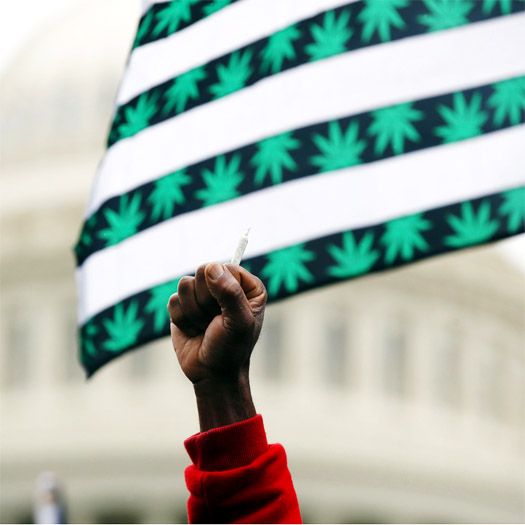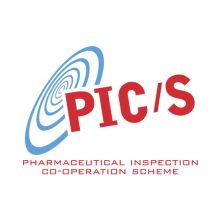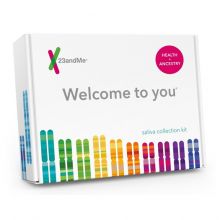Focus on Cannabis in INCB´s Report for 2018
20.03.2019

The International Narcotics Control Board (INCB) has recently published its report for 2018. The report places a strong focus on cannabis. Chapter I of the report entitled "Cannabis and cannabinoids for medical, scientific and “recreational” use: risks and benefits" covers amongst others the following topics:
- Cannabis, its derivatives and the international drug control conventions,
- Pharmaceutical registration and prescription regimes,
- Medical uses of cannabinoids,
- Legalization of non-medical cannabis use,
- Implications for international drug control,
- Conclusions and recommendations.
The Governments of several States (including Germany since 2017) have passed legislation allowing patients suffering from certain health conditions (such as terminal cancer, epilepsy and neurological illnesses) to use cannabinoids and medical cannabis to treat the symptoms of their illnesses. The 12-page chapter presents examples on how several countries around the world have established special-access schemes for cannabinoids:
- Since 2001, Israel has allowed the medical use of cannabis, with the approval and oversight of the Medical Cannabis Unit in the Ministry of Health. Amongst others the unit authorizes growers to produce cannabis and supply it to patients. It also issues permits for patients to use herbal cannabis for medical purposes on the recommendation of physicians. Israel also supplies herbal cannabis as an oil or as dried flower for smoking or vaporization.
- In 2003, legislation was passed in the Netherlands to allow physicians to prescribe cannabis for a range of medical indications. Cannabis is produced under government license by a private company and dispensed by pharmacists to patients in a standardized form for oral consumption, on a doctor’s prescription.
- In 2011, legislation was passed in Switzerland to allow the medical use of cannabis to treat chronic pain and spasticity, under exceptional circumstances with the approval of the Swiss Federal Office of Public Health. Doctors can request a license for each patient to use a commercially available synthetic THC (dronabinol) or a tincture of cannabis sativa containing 5 per cent THC, prepared by a pharmacist.
- In the United States, the medical use of cannabis is now allowed in more than 30 states and the Federal District of Columbia.
- Canada established a cannabis cultivation industry in which licensed producers can provide cannabis directly to patients with medical documents authorizing the medical use of cannabis.
Cannabis is currently included under Schedules I and IV of the Single Convention on Narcotic Drugs of 1961 as amended by the 1972 Protocol. The main cannabinoids with psychoactive properties, namely, THC and its isomers and their stereochemical variants, are included in Schedule I of the Convention on Psychotropic Substances of 1971. In its annual report for 2017, the INCB re-examined the terminology surrounding the medical use of cannabinoids. Accordingly, in the present chapter, the term “medicinal cannabinoids” refers only to cannabinoids that have been extracted from the plant or synthesized, have had their safety and effectiveness evaluated in controlled clinical trials and have been licensed for use as medicines. However, the WHO recently proposed to re-classify the status of cannabis.
Please visit the International Narcotics Control Board Webpage for the full INCB 2018 report.
Source: www.gmp-compliance.org

